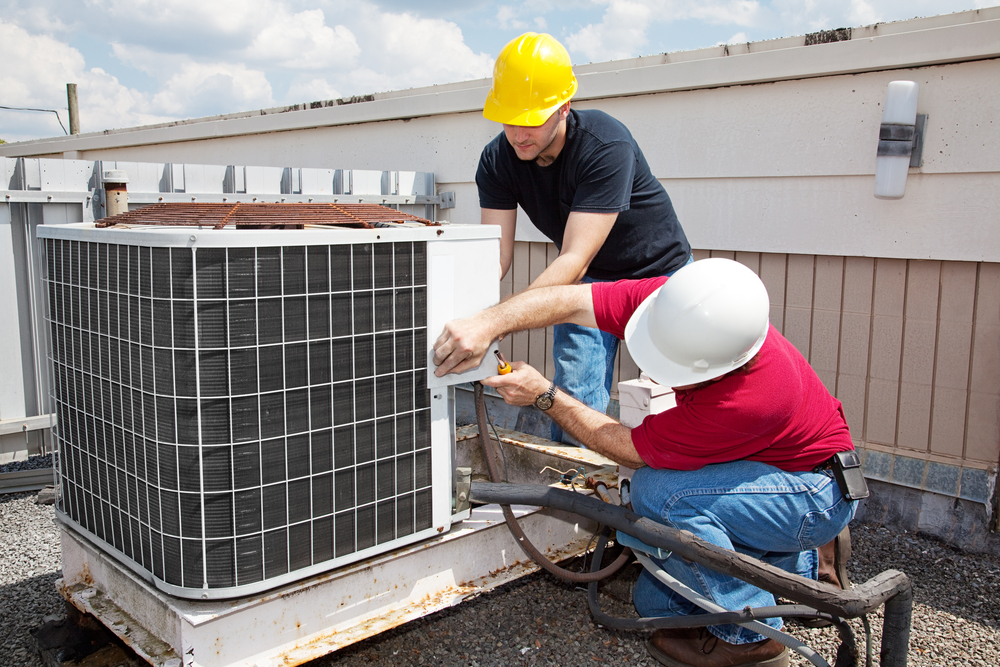The heating, ventilation, and air conditioning (HVAC) system is used to provide comfortable temperatures within your premises, whether at home or in the office, and to maintain air quality at high levels. This ensures that the home or office is comfortable all year round, be it in summer or winter. They are part of everyday life, and we cannot live without them. As such, there are important things you need to understand about your HVAC system in the key role it plays. You need to understand how these systems operate so as to get the most out of your system.
- Heating
This component of the HVAC system provides a warm climate within your premises during the cooler months of the year. The forced air system is the most popular type of heating system. Other popular heating systems are geothermal heating systems and radiant heat systems, among many others. Using all these heating systems, heat is created at a central source before being distributed throughout say the home via different means.
- Forced Air
In this system, a furnace is used to heat the air before it is dispersed via ductwork and in-room vents to all the other rooms within the premises.
- Radiant Heating Systems
In these systems, heat is dispersed through the premises from heating stoves or a boiler via a network of electric heating coils. If the coils are not used, hot water tubes installed in the floor or ceiling are used to disperse the heat.
- Geothermal Heating
To create heat via a heat exchanger, this system generates heat using the constant temperature of the ground created by absorption of the sun’s rays.
Depending on the type of heating system in use in your HVAC system, you can make your premises warm, comfortable, and enjoyable for you, your family, and co-workers during the winter months.
- Ventilating
The ventilation system plays a critical role in maintaining the indoor air quality of your premises. Ventilation is responsible for purification and circulation of air, controlling moisture levels, removing unwanted smells, and preventing air stagnation.
Depending on the HVAC system you have and the age of your premises, this can be done mechanically, naturally (using fans and windows), or via a combination of the two.
Forced air systems do this by passing the air through an air filter keeping airborne particulates, allergens, and volatile organic compounds (VOCs) out of your premises. If you do not have fixed air systems within your premises, this can be done using tools such as air purifiers, air cleaners, humidifiers, and dehumidifiers.
For you to address allergy and breathing issues within your premises all year round, you need to understand how your HVAC system keeps your premises ventilated.
- Air Conditioning
During warmer months, your HVAC system is responsible for keeping you cool. There are different types of AC units each with its advantages and disadvantages. You can have central air units, split or ductless AC units, portable AC units, or window AC units. Whichever the AC system you have, they all use a similar process to cool your premises. Central air AC units are used in conjunction with forced air systems.
AC systems work by circulating refrigerant responsible for changing from gas to liquid as it collects and expels heat from your premises. Warm vapor refrigerant passes through the compressor where it converts to hot refrigerant vapor before moving to the condenser. The hot vapor is then cooled as air from the condenser fan passes over finned coils turning into hot liquid. The hot liquid will pass through the expansion valve that creates a low pressure; cool liquid mist runs through the evaporator coil.
While evaporating, the cooler liquid mist absorbs heat from your premises’ inside air then returns it to the compressor. This restarts the process. The absorbed heat is then pushed outside by the system leaving your premises cooler.
Understanding all these aspects of your HVAC system is all the information you need for you to have a more comfortable home or office and for you to be better prepared on how to maintain your HVAC system.
Written by Accurate Heating and Cooling in Columbia, MO.

